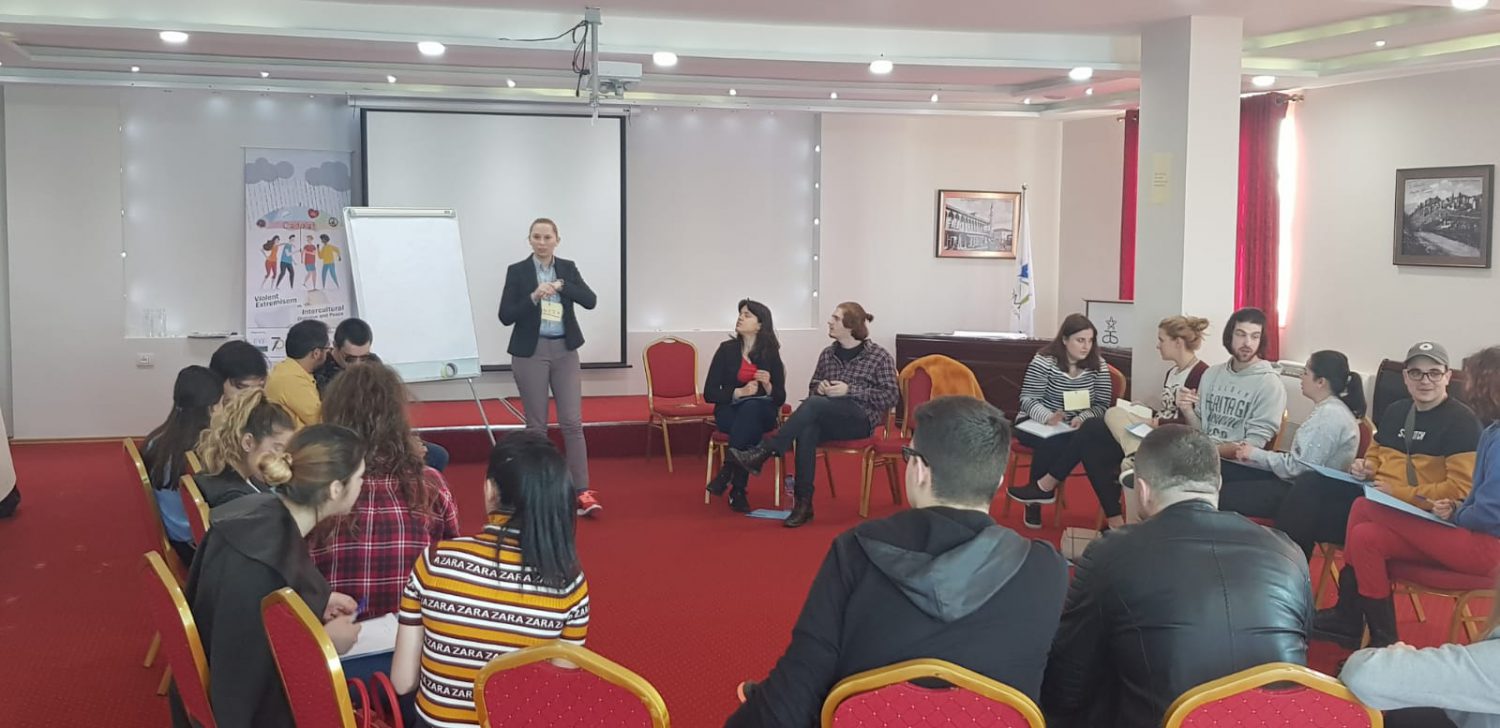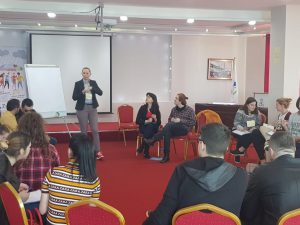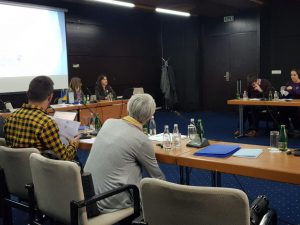The challenges that 21st century has brought emphasized the need for lifelong education, with a view to reduction of poverty, with a view to reduction of poverty. The importance of education and the level of education for individuals in a particular society largely affect the socio-economic status of the individual in society, but also have an effect on the secure environment. Quality education is an important factor that contributes to the creation of conditions for increased care and respect for basic human rights and needs.
The root that causes violent extremism and radicalism in Bosnia and Herzegovina, we can observe through components that represent a vicious circle of social exclusion, such as poverty, the narrative of the past, unemployment and social isolation. The possibility of social inclusion and prevention of violent extremism and radicalism depends on education because an educated person can easier build resistance to susceptibility to extremist ideologies.
The phenomenon of violent extremism and radicalism is one of the main negative features of modern society. Violent extremism would be defined in the simplest way as the use of violence for the realization of political and ideological objectives. Today, various forms of violent extremism are present in the world and are being justified by religion or other ideologies such as nationalistic and separatist ideology, violent leftist, anarchist or right-wing ideology. Although, in recent times the notion of violent extremism and radicalism in Europe is often linked exclusively to Islamic groups. Different examples of violent extremism have been recorded in the world, and violent extremism and radicalism should be viewed as a problem on a global scale and should not be related closely to just one specific religion or group of people. The one feature that is common for any form of violent extremism and radicalism is violence justified using a certain ideal for the sake of some greater cause, causing the suffering of human lives. This form of activity and behavior is unacceptable, and that is why education should critically see its role in the causes, and consequences of this phenomenon.
Can education prevent violent extremism and radicalism?
Response to the challenge of violent extremism requires a holistic approach that reaches beyond security and defense and involves the whole society. Education certainly has a major role in achieving the basic goals of the Strategy of Bosnia and Herzegovina for Prevention and Combating Terrorism, which deals with the suppression of all forms of extremist and terrorist action, respecting the values of democracy, the rule of law and human rights and freedoms. Education in the fight against extremism and radicalism could thus make Bosnia and Herzegovina safe for living and work for all its citizens as well as others residing in its territory. Furthermore, it can prevent hate crimes, radicalism, and terrorism in all manifestations. Also, education has a key role in preventing vulnerable groups from choosing violent extremism and terrorism to achieve their goals.
Also, according to the mission of this Strategy, education can fulfill the following goals:
- Strengthening the role of civil society, especially the youth, women, religious leaders and victims of extremism and radicalism that leads to terrorism, through the development of local strategies;
- Promoting tolerance and an ‘early warning’ system in cases of appearing ideologies of violent extremism, the curricula of educational institutions;
- Development of economic and educational opportunities for groups indoctrinated into violent and radical behavior.
Can education help in a global race for the suppression of violent extremism is not a simple question. We proceed from the fact that there is no internationally accepted definition of extremism, and extremism has many different forms – religious, extreme right, neo-Nazi, extreme leftist, extremism in the struggle for animal rights, and even the extremism of activists regarding climate change. More importantly within these movements, there are many different and continuously variable possibilities with combined methods and goals. An additional complication is that there is not only one way to radicalization, so we cannot isolate one goal and establish a countermeasure. Educational institutions cannot be considered as the main players in the fight against terrorism. Regardless, people engaged in the prevention of violent extremism believe that education can do something. Education can help build resistance of propaganda that benefits extremist groups, myth resistance, and amplify narratives that can be appealing.










